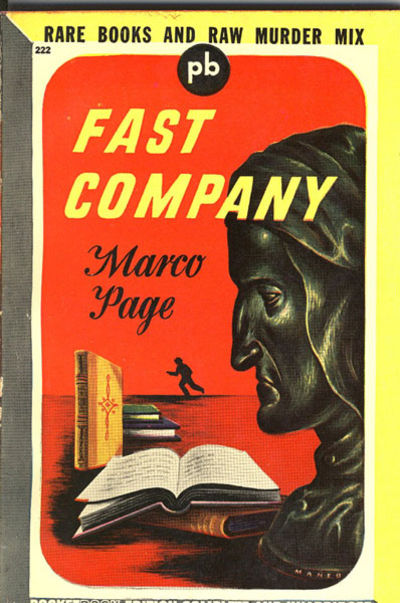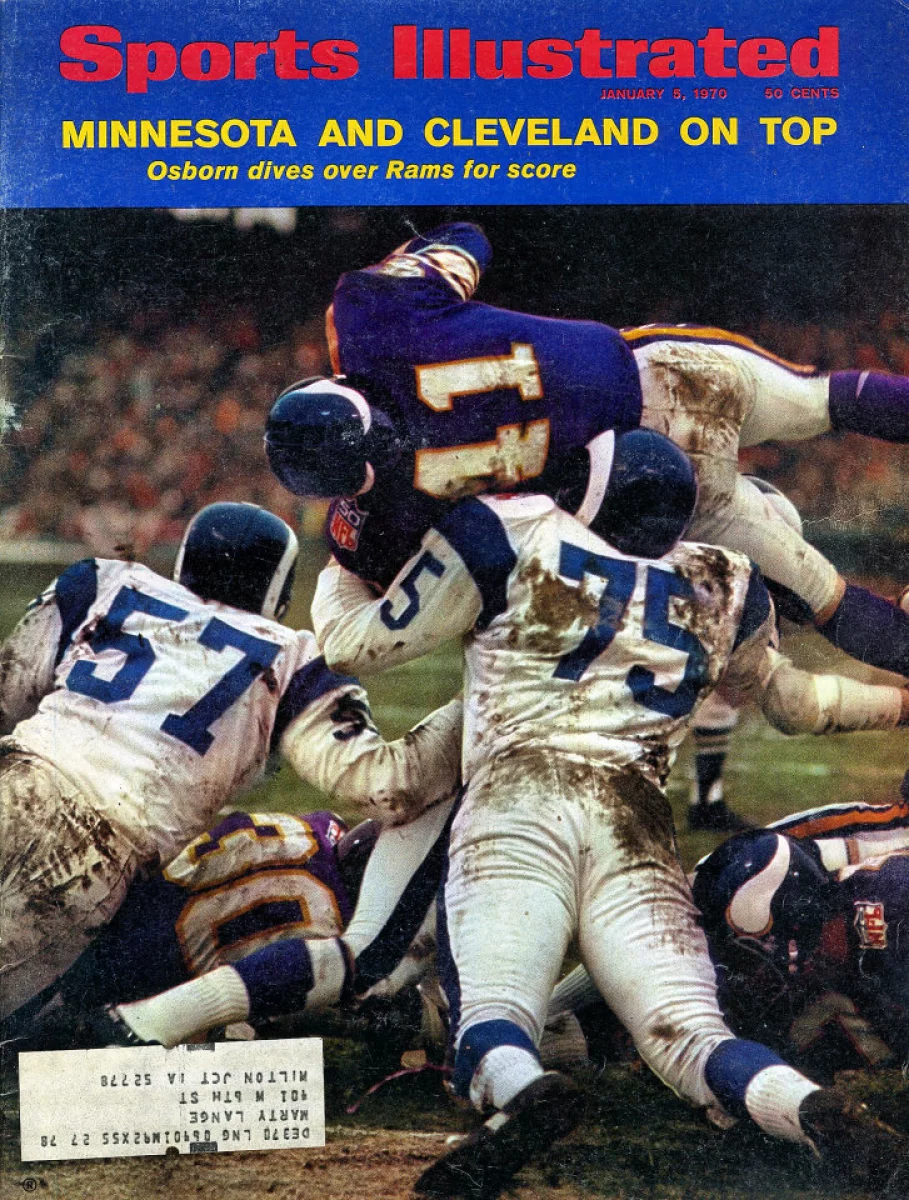
This is our tenth adventure in stalking the history of our genre.
January 5, 1909. Harry Kurnitz was born on this date in New York City. He wrote mysteries under the name Marco Page. MGM bought the rights to his book Fast Company and brought him to Hollywood to write the screenplay. Among the more than forty movies he wrote were Witness for the Prosecution, and How to Steal a Million.
January 5, 1921. Friedrich Durrenmatt was born in Bern, Switzerland. Best known as a playwright, he wrote three crime novels which are considered classics: The Judge and his Hangman, Suspicion, and The Pledge. The last of these was made into an excellent movie directed by Sean Penn and starring Jack Nicholson as a cop who, on the day he retires, promises parents that he will find the man who murdered their daughter.
January 5, 1932. Umberto Eco was born in Piedmont, Italy. He was known as a philosopher until he wrote the astonishingly successful medieval crime novel, The Name of the Rose, in which a monk named William of Baskerville investigates a series of grisly murders in a monastery.
January 5, 1939. Homicide Bureau was released. Bruce Cabot starred as a cop under pressure to solve crimes without violating suspects' civil rights (hmm... sounds vaguely familiar). Rita Hayworth plays the head of internal affairs.
January 5, 1946. Arthur Lyons was born in Los Angeles. Most of his novels were about reporter-turned-private-eye Jacob Asch. The movie Slow Burn was based on his novel Castle Burning.
January 5, 195?. On this date the action begins in John LeCarre's Call For The Dead, which means master spy George Smiley is introduced to the world. Smiley quits his employment in this book, which is no surprise. In most of the novels about him he quits the Circus or gets rehired there. Man can't seem to keep a job.
January 5, 1965. On this date Mrs. Rachel Bruner came to Nero Wolfe with an impossible assignment: make the FBI stop bothering her. Naturally, he succeeds and The Doorbell Rang became Rex Stout's biggest success, pushing his fame and sales to unheard of levels. Reporters who asked the FBI for comments on the book were referred to the Criminal Division, with the implication that something vaguely illegal was involved in criticizing the Bureau and its director.
January 5, 1970. This date saw something doubly rare: fiction in Sports Illustrated, and a short story by novelist Dick Francis. "A Carrot for a Chestnut" is one of my fifty favorite crime stories. If you don't happen to keep half a century worth of old magazines around you can find it in Francis's collection Field of Thirteen.
January 5, 1974.
Vincent Starrett died in Chicago. Canadian born, he was an early member
of the Baker Street Irregulars and wrote "The Adventure of the Unique 'Hamlet,'" and The Private Life of Sherlock Holmes. (No relation to the later movie with the same title.)


I must try to find the Durrenmatts. Nice to know there is another Dick Francis fan out there, too.
ReplyDeleteOh, Janice. I love Dick Francis. I happened to be working in the UK after his first Sid Halley novel was released. On weekends, I'd visit large, open-air book markets, and picked up a remaindered copy by the former Queen's Jockey. It was criticized for lack of depth, but damn, I liked it, and haunted the place when subsequent novels came out.
DeleteI particularly liked his short stories. He clearly reveled in the chance to do something different from his novels: third person omniscient, for instance. The other classic in his collection is "Day of the Losers." Oh, and my favorite among his novels is REFLEX, in which a jockey, just getting too old for the job, finds out that everything he remembers about his childhood is not quite true...
DeleteReally enjoy these histories, Rob. Keep'em going!
ReplyDeleteInteresting collection as usual, Rob.
ReplyDeleteLove reading these and learning something I didn't know.
ReplyDelete